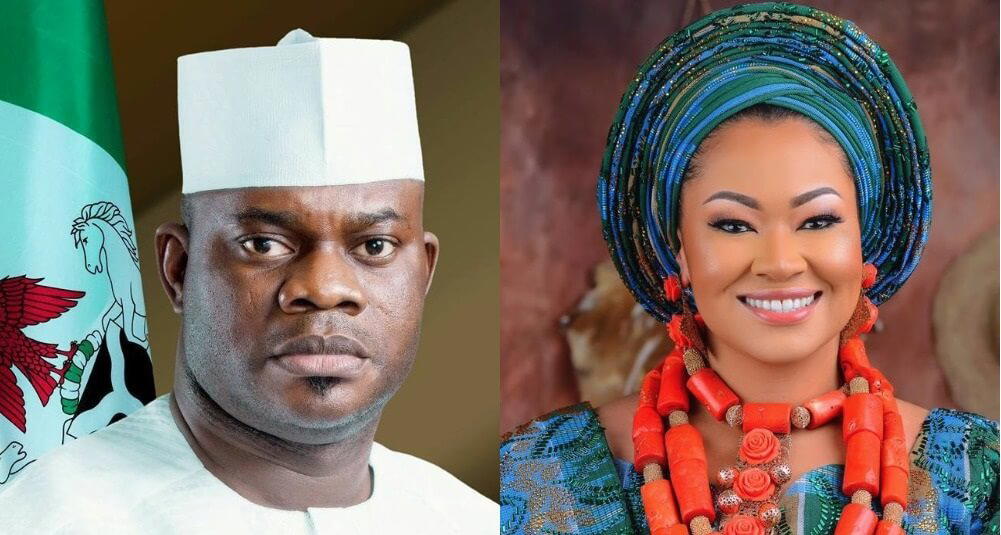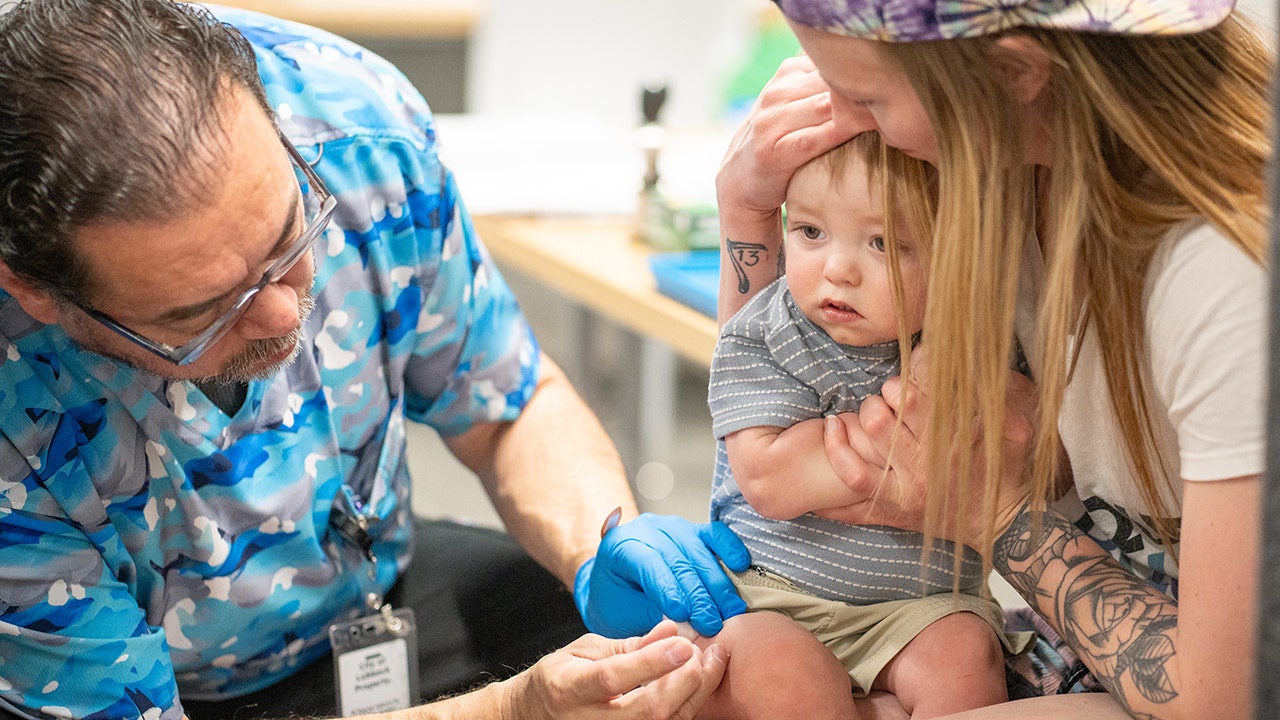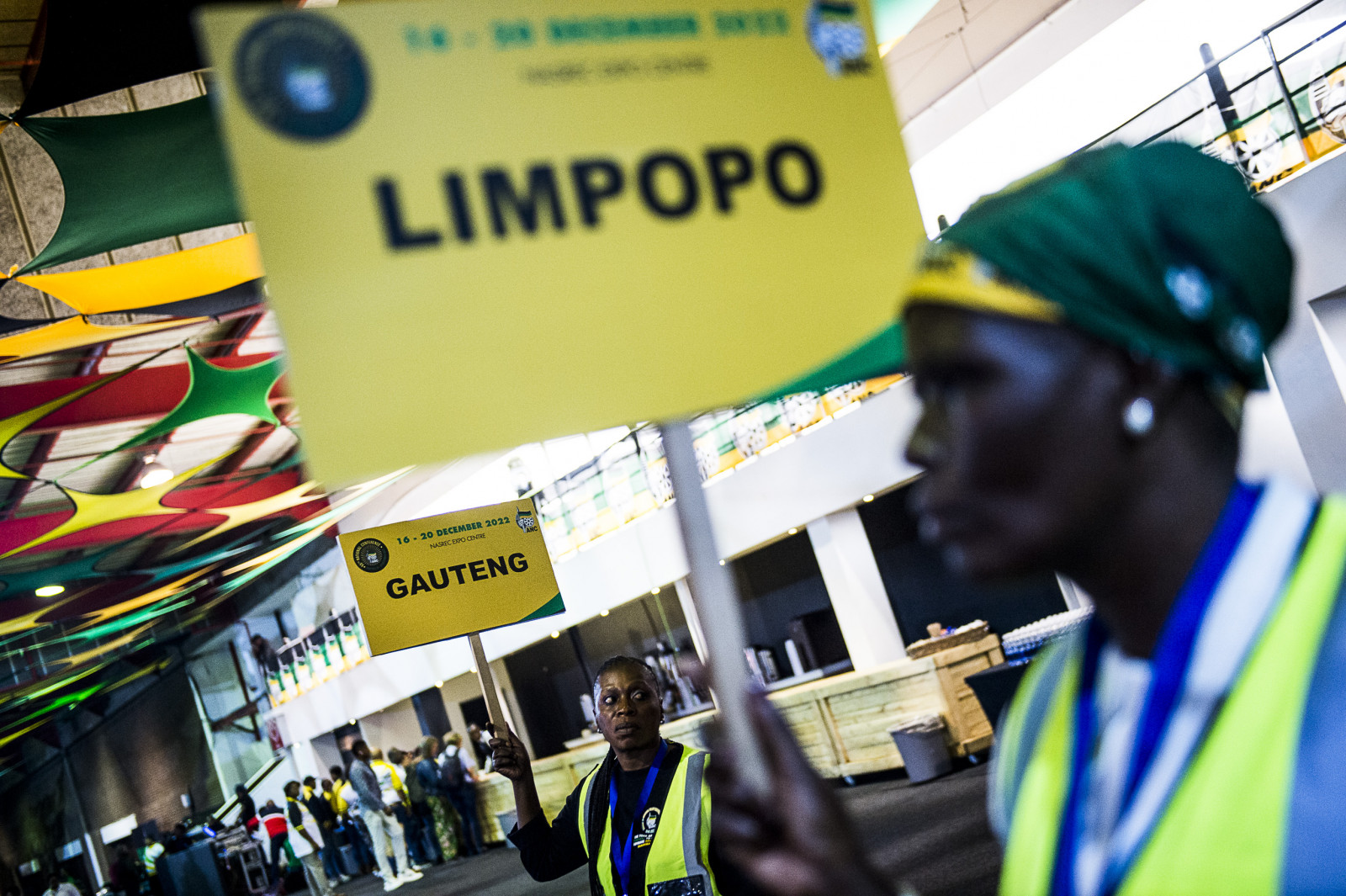To remedy the chronic flaws in the 1999 Constitution of the Federal Republic of Nigeria, the National Assembly has again initiated an amendment process. Between May and June of last year, the Senate and House of Representatives Constitution Review Committees held public hearings in Nigeria’s six geopolitical zones.
The committees, statutorily chaired by the Deputy Senate President, Ovie Omo-Agege, and the Deputy Speaker, Idris Wase, invited the public, executive and judicial bodies, traditional institutions, political parties, civil society organisations, professional bodies and others to attend and make submissions at the hearings.
During the period, some issues canvassed by Nigerians were the creation of more states, state police, devolution of powers, restructuring of the federation, electoral reforms, abrogation of immunity clause, tenure of office, financial autonomy for the judiciary, state legislature, and local governments including drafting of a brand-new Constitution.
Others are independent candidacies, the age limit for political office contestants, separation of the office of the Attorney General from the office of the Minister of Justice, Land Use Act, women inclusiveness, referendum, increase in derivation, impeachment clause, among others. However, the National Assembly has closed the voting stage for the constitutional amendment. Legislators in both Houses examined 68 constitutional alterations.
This is not the first time that legislators have undertaken the revision of the Constitution, which came into force in 1999 when democracy was restored. Since the Fifth National Assembly, the federal legislators have been making amendments. Although some modifications have been successful in the past, many others have suffered serial failures but have continued to re-appear in new proposals.
Some Nigerians had to take their protests to the National Assembly, trusting that as representatives of the people, their principal reason as lawmakers is to make laws that meet the longings and ambitions of the majority of the people. Their demands focus on electoral reforms, restructuring, state police, control of resources, national security, devolution of powers and financial autonomy of local government and the state legislature.
Sadly, the gender inclusion bills were defeated. This decision to reject the bills has been met with serious criticisms, negative reactions and even protests by members of civil society groups. The rejection once again highlighted the need to systematically call into question the systemic ills and oppression that our patriarchal society imposes on women. It is never too late for reconsideration of this bill.
Contrary to popular opinion, the National Assembly rejected the inclusion of state police in the amendment. Given the high rate of insecurity in the country, it is expedient to listen to the famous opinion of Nigerians on the establishment of state police that forms one of the cardinal ingredients in a federal system of government. However, the legislators are commended for voting for full autonomy to local government councils, the State Assembly and the Judiciary.
In addition, the Senate and the House of Representatives separately declined to adopt a bill to include value added tax (VAT) on the Exclusive Legislative List. The Federal Government, following a favourable ruling obtained by Rivers State, tried to restrict VAT to the Exclusive List. That tax is one of the indicators of true federalism. As a result, its retention in the Concurrent List is appropriate and applaudable. The provisions for immunity and life pension for principal officers of the National Assembly were similarly shot down.
There is a need to review the indigeneity provision to give greater priority to residency. The issue of indigeneity should be excluded from the Constitution and re-qualified so that those who contribute to the socio-economic development of their areas of residence should be considered as indigenous. This clause has made Nigeria virtually impossible to integrate. All Nigerians should look upon themselves as one, regardless of their ethnic origin. Emphasis should be given to citizenship.
Most importantly, the National Assembly must ensure that their work births a workable and acceptable constitution that will serve the interest of the people by allowing for true federalism, where Nigerian states are autonomous entities with the power to run their affairs. The participatory approach of federal lawmakers in amending the Constitution should produce a popular document that will address the socio-economic problems of the country.
But there are reasons for scepticism about true federalism. Almost all previous sessions of the National Assembly had undertaken similar reviews with the inclusion of fiscal federalism, with no tangible results in the exercises. The current effort on this is perhaps not different. There are fundamental deficiencies in the 1999 Constitution. The model federal state is characterised by the existence of several independent and intermediary governments with legislative, executive and judicial authorities. But the grundnorm turns this on its head.
Itse Sagay, Chairman, Presidential Advisory Committee Against Corruption and a Senior Advocate of Nigeria, rightly says, “What we have now is a unitary Constitution parading itself as a federal Constitution.” Another SAN, Afe Babalola, argues that “the 1999 Constitution is, in large measure, responsible for the problems we have in Nigeria today. The Constitution has discouraged and crippled development in the states.”
There is an obvious real and existential threat to the existence of Nigeria. It is high time we went through the document, which has some glaring shortcomings. Nigeria’s particularities require its Constitution to reflect the country’s cultural and linguistic diversity. This is more than a simple legislative review. The National Assembly, in cooperation with the state legislature, should work with all other stakeholders to redefine the country as a true federal political entity.




















Discussion about this post